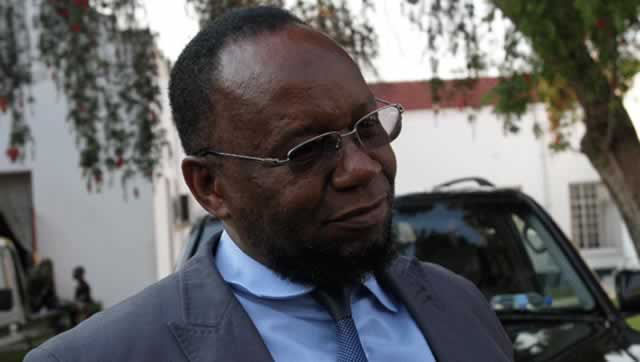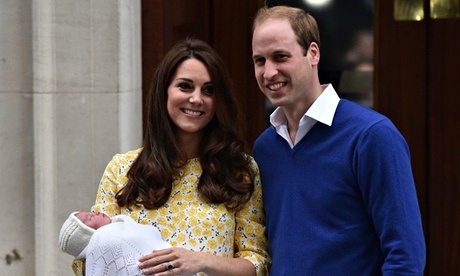Editorial Comment: Schools suppliers levy might backfire

With its revenue sources dwindling due to reduced economic activity, the government needs to come up with innovative strategies to ensure continued service provision.
But these strategies must also not kill the goose that lays the golden egg.
We are here referring to a proposal by Primary and Secondary Education Minister Lazarus Dokora to levy schools suppliers.
According to a story carried in The Chronicle yesterday, the ministry is mooting introducing a levy on all suppliers of goods and services to schools.
Minister Dokora said there were 1,600 registered suppliers within the country’s education system. Money raised from the levy would be used to develop education infrastructure, including building new schools. Those companies which fail to pay the levy will be barred from taking part in the lucrative business of supplying schools with goods and services.
While on the face of it the proposal sounds good, there is a danger that the cost of services and goods to schools would go up as companies seek to recoup money paid for the levy.
To make up for the increased cost of goods and services, school authorities will also be forced to pass on the cost to parents through increased fees and levies.
And with most parents already struggling to pay current fees, this school suppliers’ levy might backfire on Minister Dokora.
Already, businesspeople are complaining that the cost of doing business in Zimbabwe is very high. They say that there are too many taxes both direct and indirect which impact negatively on viability. Introducing an additional levy will increase the cost of doing business and this might force companies to close shop resulting in loss of jobs.
It should be the duty of every government ministry, not just those concerned with the economic matters, to facilitate ease of doing business and reduce the cost of doing the same.
We would like to believe that all companies presently doing business with schools are registered and paying their taxes to the Zimbabwe Revenue Authority. This levy, if implemented, will be a form of double taxation.
What the Ministry of Primary and Secondary Education should do if it wants to assist in boosting State coffers is to ensure that no company which is not up-to-date with its tax liabilities does business with its schools.
The idea by the ministry to involve suppliers in the development of school infrastructure is novel. However, imposing a compulsory levy is not the right way to go about it.
The ministry should engage suppliers for meaningful public private partnerships which will benefit both companies and schools without being coerced to contribute to what amounts to an indirect tax.
With virtually all government ministries facing reduced treasury allocations, affecting service delivery, what will happen if each department decides to levy its suppliers to ensure continued service delivery?
Minister Dokora needs to consult widely before implementing this levy.










Comments